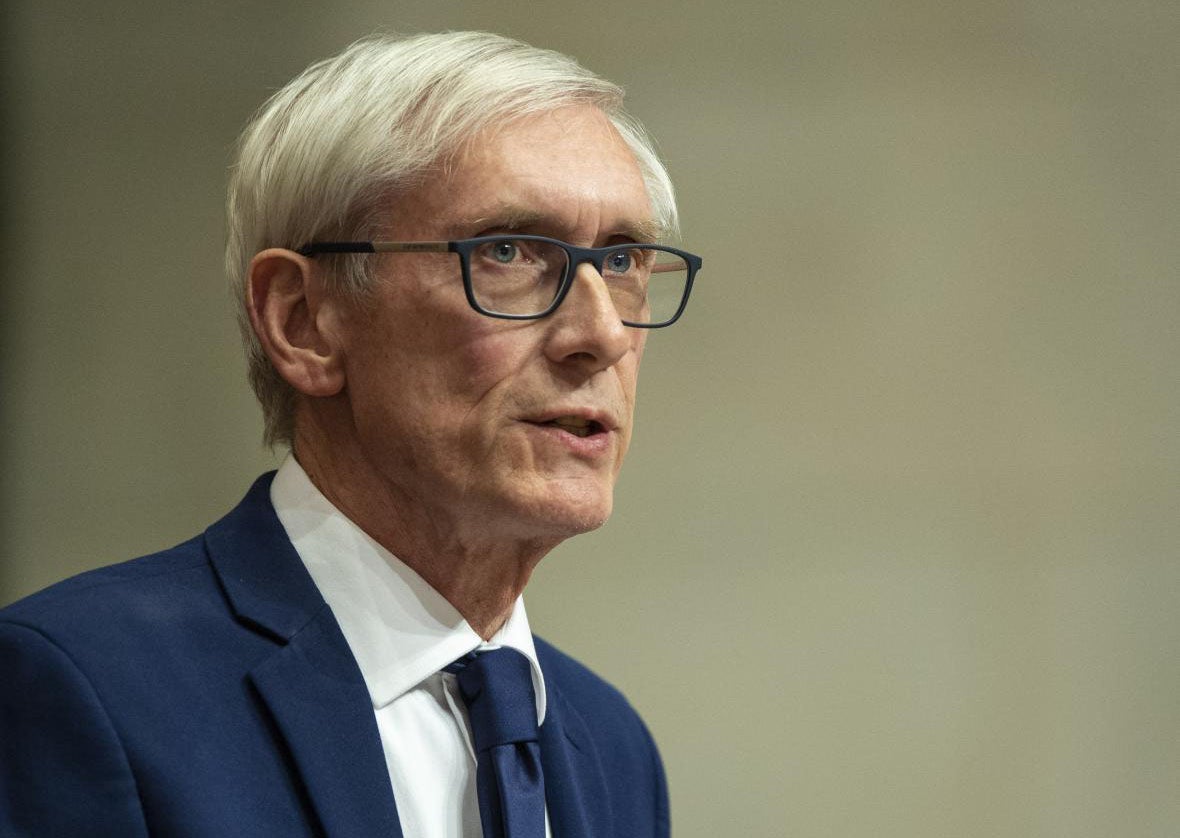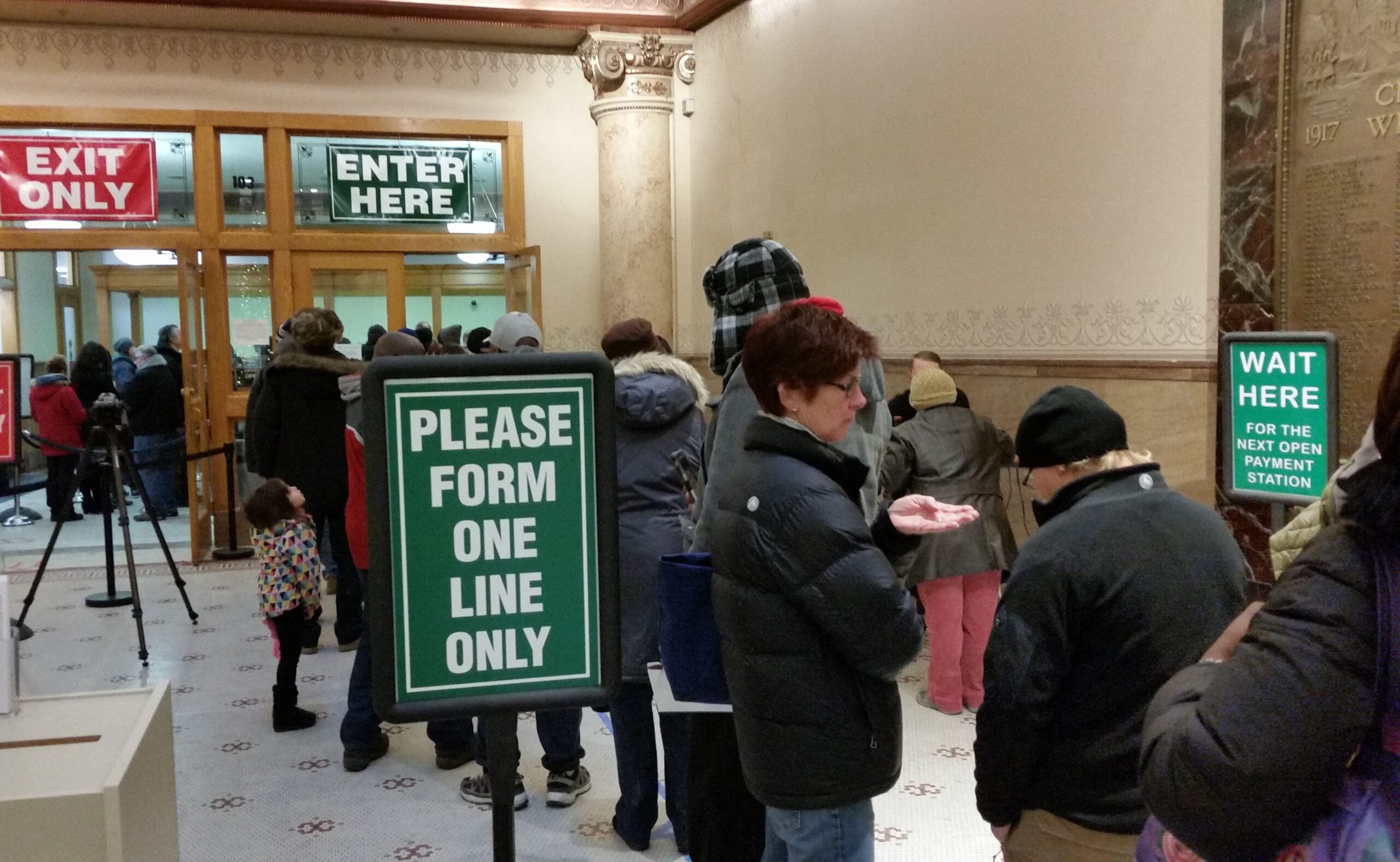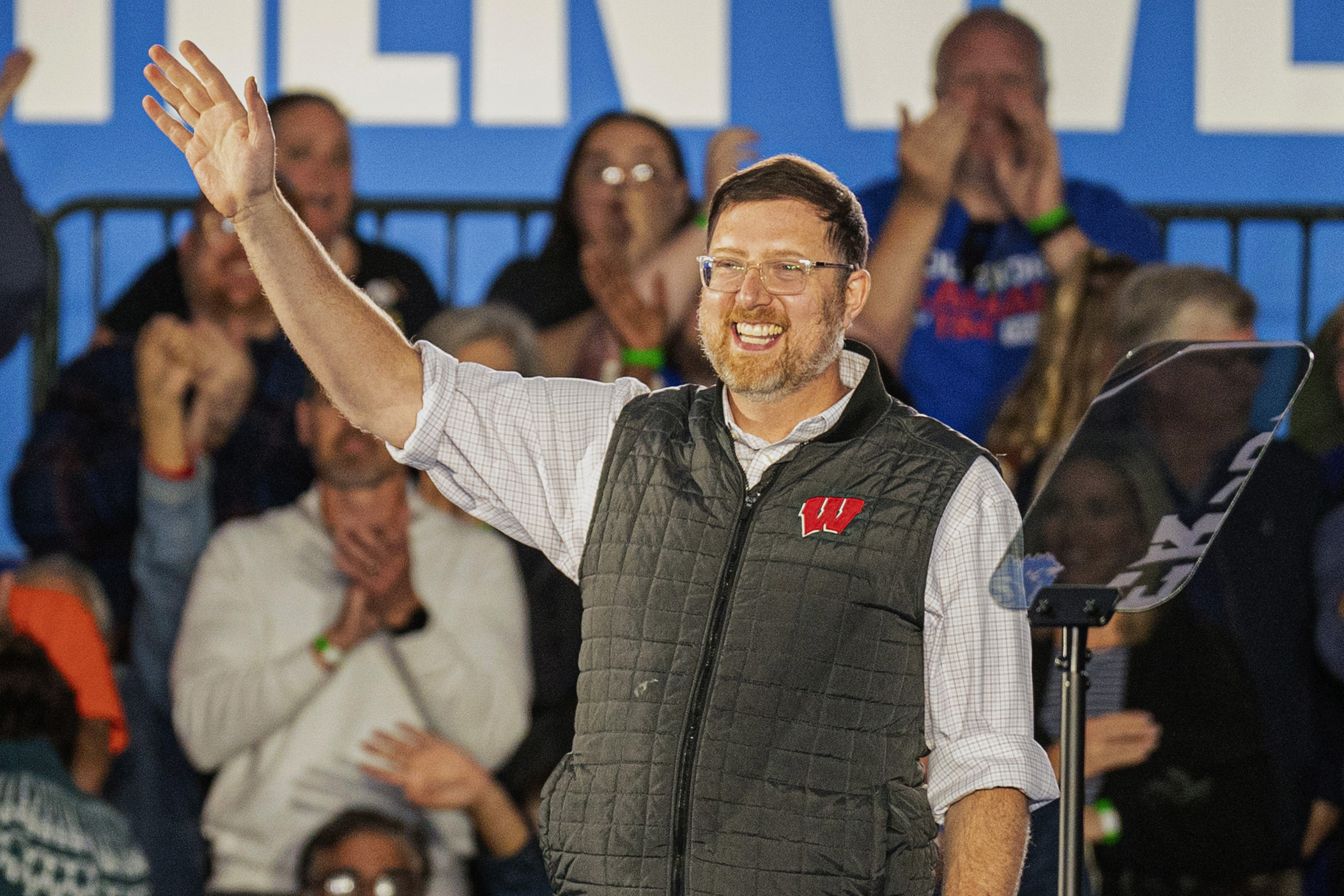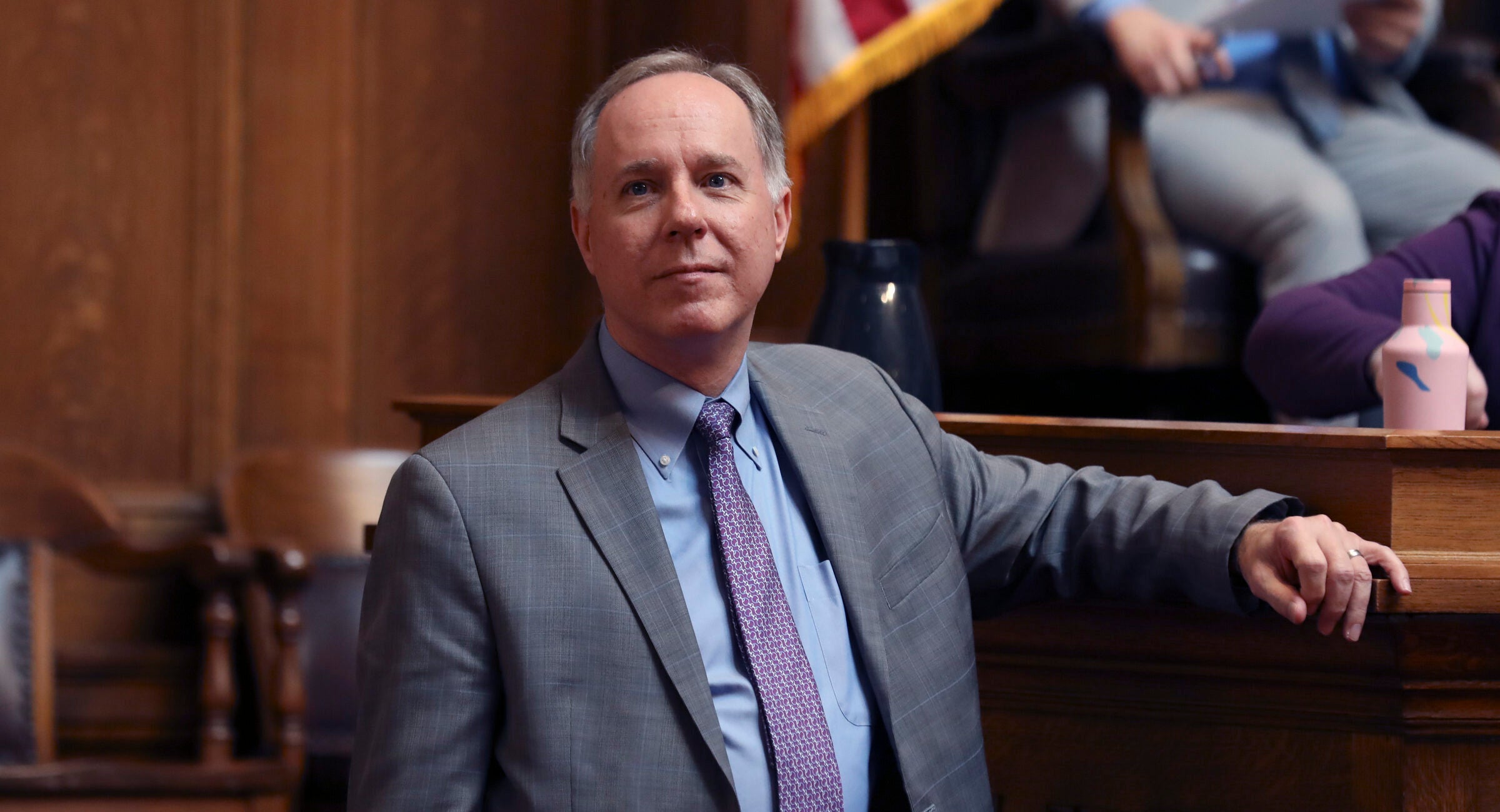A Burlington woman has started a petition drive to try to recall Democratic Gov. Tony Evers, setting off a 60-day countdown to gather nearly 670,000 signatures.
While the recall aims to force an election and remove Evers from office, it also offers a potential benefit to the governor, allowing him to raise unlimited political donations while the petitions are being circulated.
Misty Polewczynski filed paperwork to begin the recall petition Friday, meaning the petitions would be due shortly before the Nov. 3 election.
News with a little more humanity
WPR’s “Wisconsin Today” newsletter keeps you connected to the state you love without feeling overwhelmed. No paywall. No agenda. No corporate filter.
In addition to Evers, Polewczynski also began a petition drive to attempt a recall of Democratic Lt. Gov. Mandela Barnes.
According to a copy of a state document Polewczynski posted to her group’s Facebook page, she’s launching the recall because of Evers’ response to the COVID-19 pandemic as well as his handling of the unrest in Kenosha.
“The unconstitutional mandates and lockdowns have cost citizens their businesses, home, jobs and livelihood,” Polewczynski wrote. “His tolerance of violence and giving into irrational demands along with the issuance of premature statements has not only put the safety of the citizens and their property in danger, but also placed the lives of law enforcement and reliability of the justice system in danger.”
In a written statement, the state Democratic Party sharply criticized the move.
“Trying to recall a governor with a 57% job approval rating in the midst of a global pandemic and civil unrest is irresponsible and absurd,” said Courtney Beyer, spokesperson for the Democratic Party of Wisconsin, referencing Evers’ approval rating in the latest poll by Marquette University Law School.
Once a recall petition drive is officially registered, state law gives circulators 60 days to gather signatures totaling at least 25 percent of the vote from the last election for governor. Based on the total number of votes cast in the 2018 race for governor, that means they’d need to file 668,327 signatures to force a recall election of Evers.
It’s a massive undertaking, one that Democrats were able to accomplish during 60 days in late 2011 and early 2012 when they gathered roughly 900,000 signatures in their effort to recall former Republican Gov. Scott Walker. Walker eventually won his recall election against Milwaukee Mayor Tom Barrett by nearly seven percentage points.
But the 2012 recall effort had the backing of the state Democratic Party in addition to citizen groups that were funded by labor unions.
Polewczynski told the Milwaukee Journal-Sentinel that her recall effort is not backed by the Republican Party, a point echoed to the newspaper by a state GOP spokesman.
Walker used the 2012 recall effort to raise $4.7 million from about three dozen donors who each gave between $50,000 and $510,000, according to a 2013 review of the donations by the Wisconsin Democracy Campaign. At the time, donations to candidates for governor were normally capped at $10,000 per year, a limit that has since been increased to $20,000.
In 2011, Assembly Speaker Robin Vos, R-Rochester, who was then the co-chair of the Legislature’s budget committee, tried to amend the state constitution to limit recalls to elected officials who had been charged with serious crimes or who had likely violated a state code of ethics.
“I just don’t believe in recalls,” Vos told reporters in 2012.
Vos’ proposal passed the Assembly in 2012 but failed to pass the state Senate.
The recall against Evers comes at a time when both parties are focused squarely on the 2020 election, especially the race for the state’s 10 electoral votes.
They’re also focused on key races for the state Legislature, where Republicans are vying for a supermajority that would let them override vetoes by Evers.
Wisconsin Public Radio, © Copyright 2025, Board of Regents of the University of Wisconsin System and Wisconsin Educational Communications Board.







